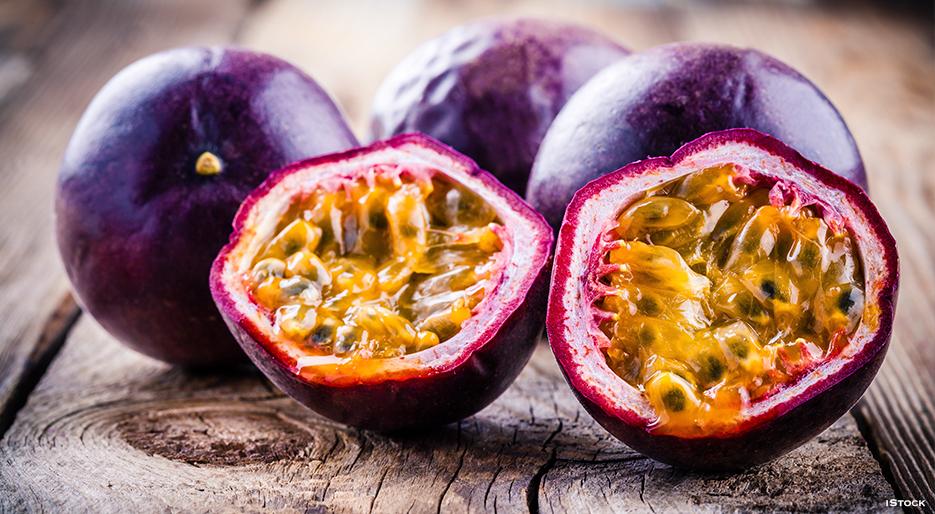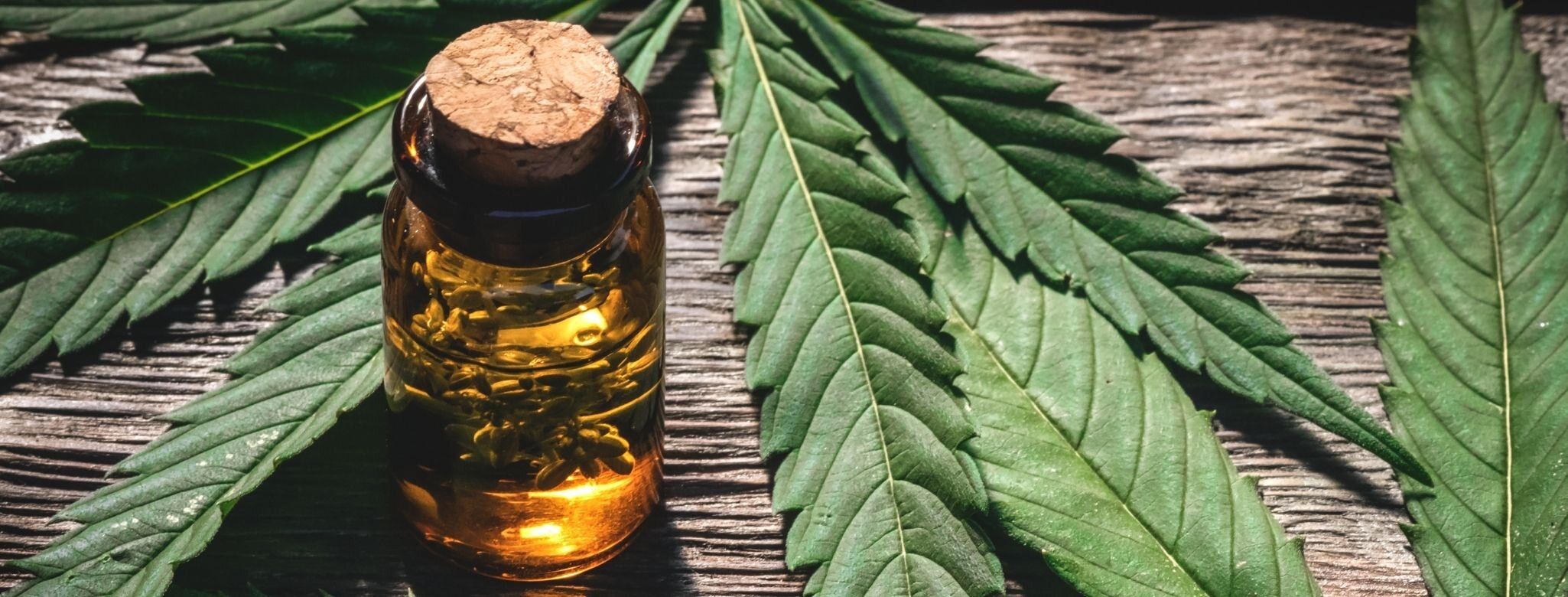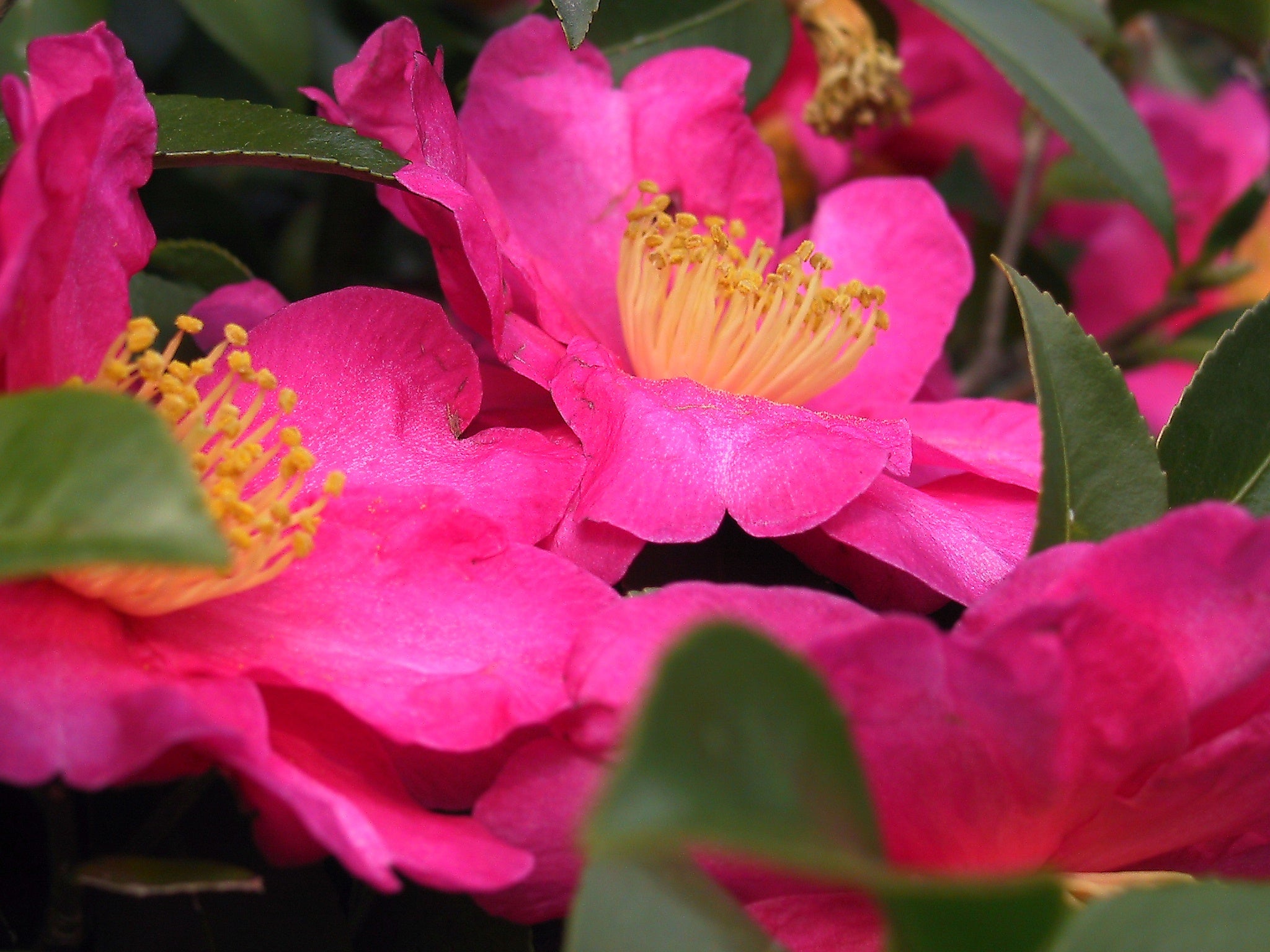
Passionfruit Seed Oil and How It Helps with Acne
What is Passionfruit Seed Oil?
Passionfruit seed oil, also known as maracuja oil or passiflora edulis seed oil, is an oil extracted from the seeds of the passionfruit (Passiflora edulis). This tropical fruit, native to South America, is not only known for its sweet and tangy flavor but also for the potential skincare and health benefits of its oil
Here are ways in which passionfruit is utilized:
- Skin Nourishment: Passionfruit seed oil is rich in essential fatty acids, particularly linoleic acid, which is beneficial for maintaining healthy skin. It also contains omega-6 and omega-9 fatty acids that can help moisturize and nourish the skin.
- Antioxidant Properties: The oil is a good source of antioxidants, including vitamin C and carotenoids. These antioxidants help protect the skin from damage caused by free radicals and environmental stressors, contributing to a reduction in premature aging signs such as fine lines and wrinkles.
- Anti-Inflammatory: Passionfruit seed oil may have anti-inflammatory properties that can help calm irritated or inflamed skin. It can be beneficial for individuals with sensitive skin or those dealing with skin conditions like eczema or dermatitis.
- Lightweight Texture: The oil has a lightweight and non-greasy texture, making it easily absorbed by the skin. This quality makes it suitable for various skin types, including oily and sensitive skin.
- Hair Care: Passionfruit seed oil can be applied to the hair and scalp to help condition and nourish. It may improve hair texture, reduce frizz, and add shine.
- Healing Properties: Some individuals have used passionfruit seed oil for wound healing and scar reduction due to its potential skin-soothing and regenerating properties.
- Aromatherapy: In addition to its skincare and hair care uses, passionfruit seed oil is sometimes used as a carrier oil in aromatherapy to dilute essential oils for massage or topical applications.
Passionfruit seed oil is used in a range of skincare and haircare products, including serums, moisturizers, shampoos, and conditioners.
How Passionfruit help with acne
Passionfruit seed oil can potentially be beneficial for individuals dealing with acne or acne-prone skin. It’s rich in linoleic acid, which helps restore the lipid layer of the skin, plump the skin, and improve softness and hydration. This oil is also rich in antioxidants that protect the skin from environmental stressors. A natural Vitamin C content works to brighten skin tone, decrease signs of aging, and firm the skin.
Here's how passionfruit seed oil may assist with acne management:
- Non-Comedogenic: Passionfruit seed oil has a low comedogenic rating, meaning it's less likely to clog pores. This can be especially beneficial for individuals with acne-prone skin, as it reduces the risk of pore blockages that can lead to acne breakouts.
- Moisturizing without Greasiness: The lightweight and non-greasy texture of passionfruit seed oil makes it easily absorbed by the skin. It provides moisture without leaving a heavy or oily residue, which can be beneficial for maintaining balanced skin hydration.
- Anti-Inflammatory: Passionfruit seed oil may have anti-inflammatory properties, which can help calm irritated or inflamed skin. Inflammation is a key factor in the development and exacerbation of acne, so reducing it can be beneficial for managing breakouts.
- Regulation of Sebum Production: While research is limited, some believe that passionfruit seed oil may help regulate sebum production. Excess sebum (skin oil) can contribute to acne by clogging pores and creating an environment conducive to bacterial growth.
- Antioxidant Protection: The oil is rich in antioxidants, including vitamin C. These antioxidants help protect the skin from damage caused by free radicals and environmental stressors, which can contribute to acne development.
- Natural Healing Properties: Passionfruit seed oil contains nutrients that may promote wound healing and skin regeneration. This can be beneficial for addressing any residual marks or blemishes left behind by acne lesions.






